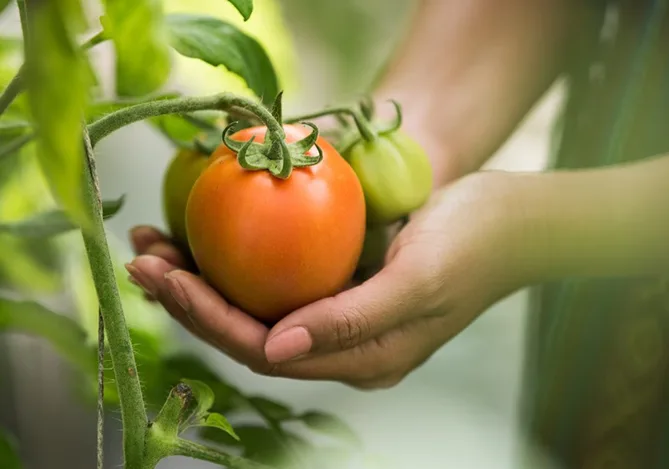Agricultural subsidies are an important tool to ensure the development and sustainability of Turkey’s agricultural sector. It provides farmers and agribusinesses with opportunities for growth and competitiveness, thus supporting the country’s food security and economic development. Agriculture is a key sector for the Turkish economy. It has a major impact on the country’s food production and employment. A number of different support programmes exist in Turkey to encourage the development of the agricultural sector and provide support to farmers.
Agricultural subsidies are incentives offered to farmers and agribusinesses in various forms, such as financial support, training, infrastructure improvements and technological innovations. Supports aim to increase the sustainability of the agricultural sector, improve product quality and make agricultural enterprises competitive.
Agricultural Supports in Turkey
Agricultural subsidies in Turkey come from various sources and are offered under different programmes.Here are some commonly used agricultural subsidies in Turkey:
TKDK (Agriculture and Rural Development Support Institution) Supports:TKDK is an important institution to support agriculture and rural development projects. It provides financial resources to farmers to adopt modern agricultural techniques, improve infrastructure and market their products.
IPARD (Accession for Agriculture and Rural Development) Programme: The IPARD programme encourages Turkey to adopt agricultural policies in line with those of the European Union. Under the programme, agricultural enterprises can receive financial support for various projects.
KKYDP (Rural Development Investment Support Programme) Supports: KKYDP promotes the development of agriculture and agriculture-based enterprises in rural areas of Turkey. Agricultural enterprises can finance a range of projects such as infrastructure improvements, energy efficiency, organic farming practices. KKYDP supports contribute to the economic growth of rural areas.
Agricultural subsidies play a critical role in ensuring the growth and sustainability of the agricultural sector in Turkey. It helps farmers to adopt more efficient, competitive and sustainable agricultural practices.


The Role and Importance of Agricultural Supports
Agricultural subsidies are an important tool to ensure the sustainability of the agricultural sector in Turkey and to provide economic relief and competitiveness to farmers.
- Financial Supports: Financial resources such as cash support, credit facilities and investment incentives are offered to agricultural enterprises.
- Technical Supports:Technical information, training and counselling services are provided for the development of the agricultural sector.
- Infrastructure Development: Resources are allocated to projects such as infrastructure improvements, irrigation systems and road networks in rural areas.
- Environmental Sustainability: Promotes environmentally friendly agricultural practices and supports sustainable production methods such as organic farming.
Who Can Receive Agricultural Support?
Agricultural support can include financial assistance or incentives offered by many countries to farmers for various purposes. Each country’s agricultural policies differ and the criteria for receiving agricultural support may also vary. In general, agricultural support is directed to the following categories of farmers or agricultural enterprises
- Registered Farmers: Agricultural support is usually offered to registered or registered farmers. This means that farmers regularly report their farming activities to government authorities or relevant organisations and are taxpayers.
- Producers of Specific Products: Some countries offer specialised support to producers of specific agricultural products. For example, producers of certain crops, such as wheat producers, cotton producers or livestock enterprises, may receive special incentives to support the cultivation and trade of these crops.
- Small and Family Enterprises: Many countries provide agricultural subsidies to support small-scale and family businesses. This includes farms that have fewer resources than large agribusinesses and are often run by families.
- Sustainable Agriculture Practitioners: In order to promote environmental and sustainable agricultural practices, some countries offer special incentives to farmers who favour this type of agriculture.
- Young Farmers: To encourage young farmers to participate in the agricultural sector, some countries may provide special support to young farmers.
- Farmers at Risk: Emergency assistance can be provided to farmers at risk due to natural disasters, diseases or other extraordinary circumstances.
- Organic Farmers: Farmers who adopt organic farming practices may be offered incentives for organic farming certification and production of organic products.
